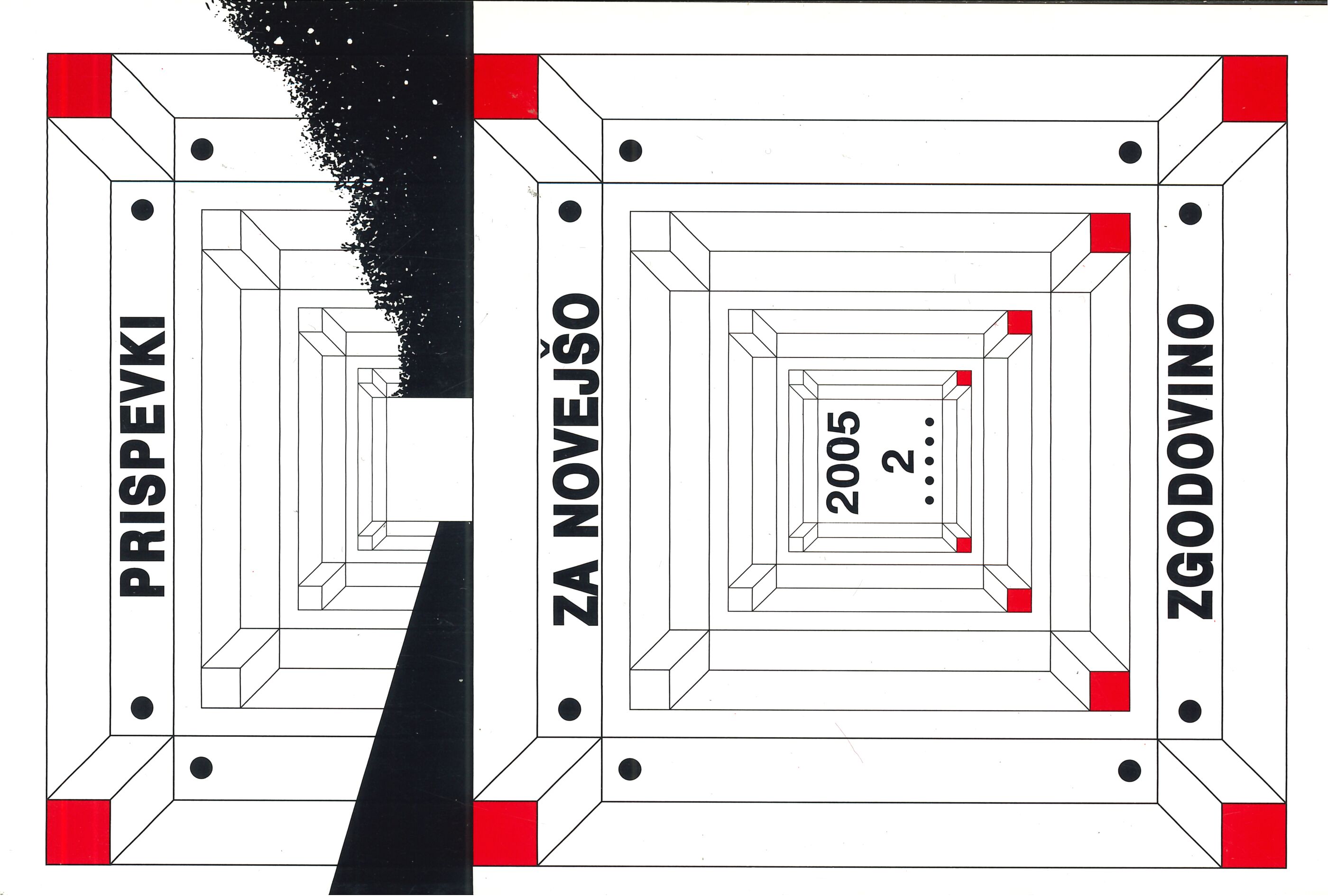Types of Collaboration during the Second World War with a Particular Focus on the Events in the Multiethnic Yugoslavia
Keywords:
Yugoslavia, Slovenia, Second World War, occupation, collaboration, resistance movementAbstract
The multiethnic structure of the Kingdom of Yugoslavia significantly contributed to the emergence and extent of collaboration with the occupying forces after the collapse and the parceling out of the Yugoslav stale in April 1941. Neighbouring countries with ancient aspirations or claims regarding specific ¡tarts of Yugoslavia participated in its attack and occupation, believing that this was a matter of liberating their suppressed minorities, reunification of their national territory or other historical and pseudo historical arguments. This collaboration was, therefore, ethnically based, at least in some geographical areas and sectors of the population. The subsequent dynamic relations between the occupiers and domestic subjects during the war resulted in other sources of collaboration. In this, an important role was also played by the resistance movement, in that its communist leadership and the fear of a possible future triumph of communism was a new incentive for the emergence of collaboration. In the paper, the author systematically presents the course of events in individual Yugoslav territories, with the exception of Serbia.
Downloads
Published
Issue
Section
License
Authors who publish with this journal agree to the following terms:
- Authors retain copyright and grant the journal right of first publication with the work simultaneously licensed under a Creative Commons Attribution License that allows others to share the work with an acknowledgement of the work's authorship and initial publication in this journal.
- Authors are able to enter into separate, additional contractual arrangements for the non-exclusive distribution of the journal's published version of the work (e.g., post it to an institutional repository or publish it in a book), with an acknowledgement of its initial publication in this journal.
- Authors are permitted and encouraged to post their work online (e.g., in institutional repositories or on their website) prior to and during the submission process, as it can lead to productive exchanges, as well as earlier and greater citation of published work (See The Effect of Open Access).


